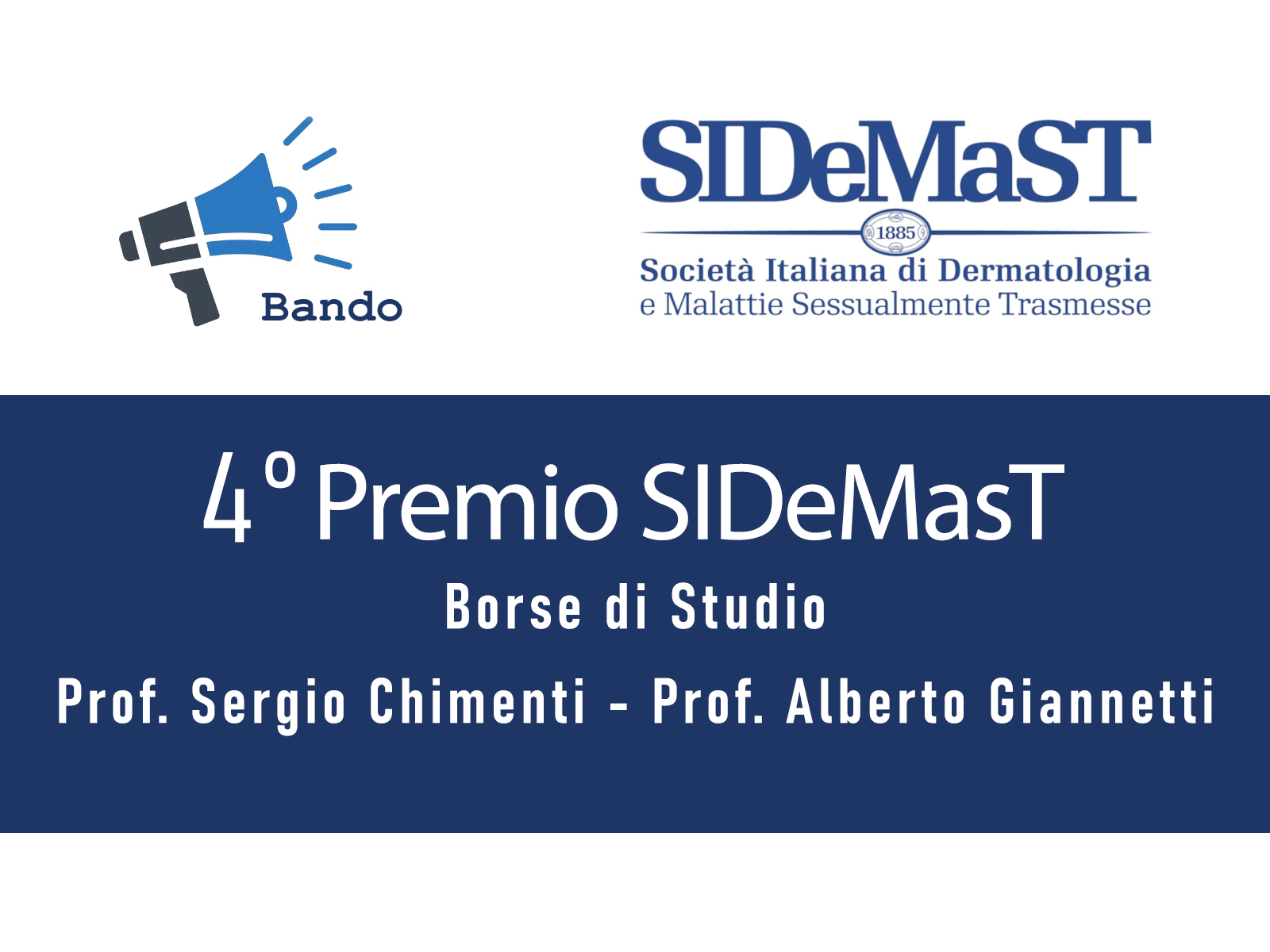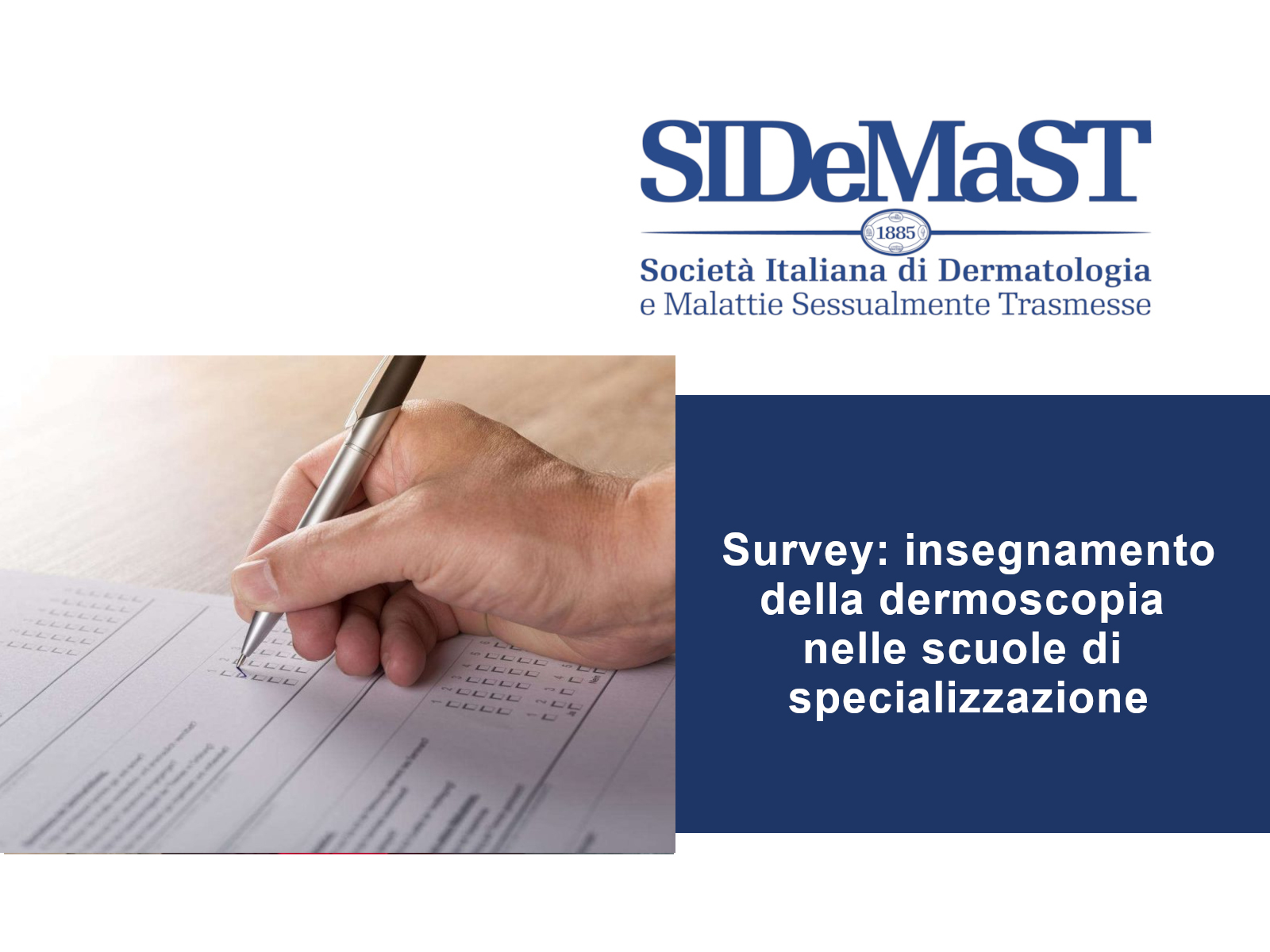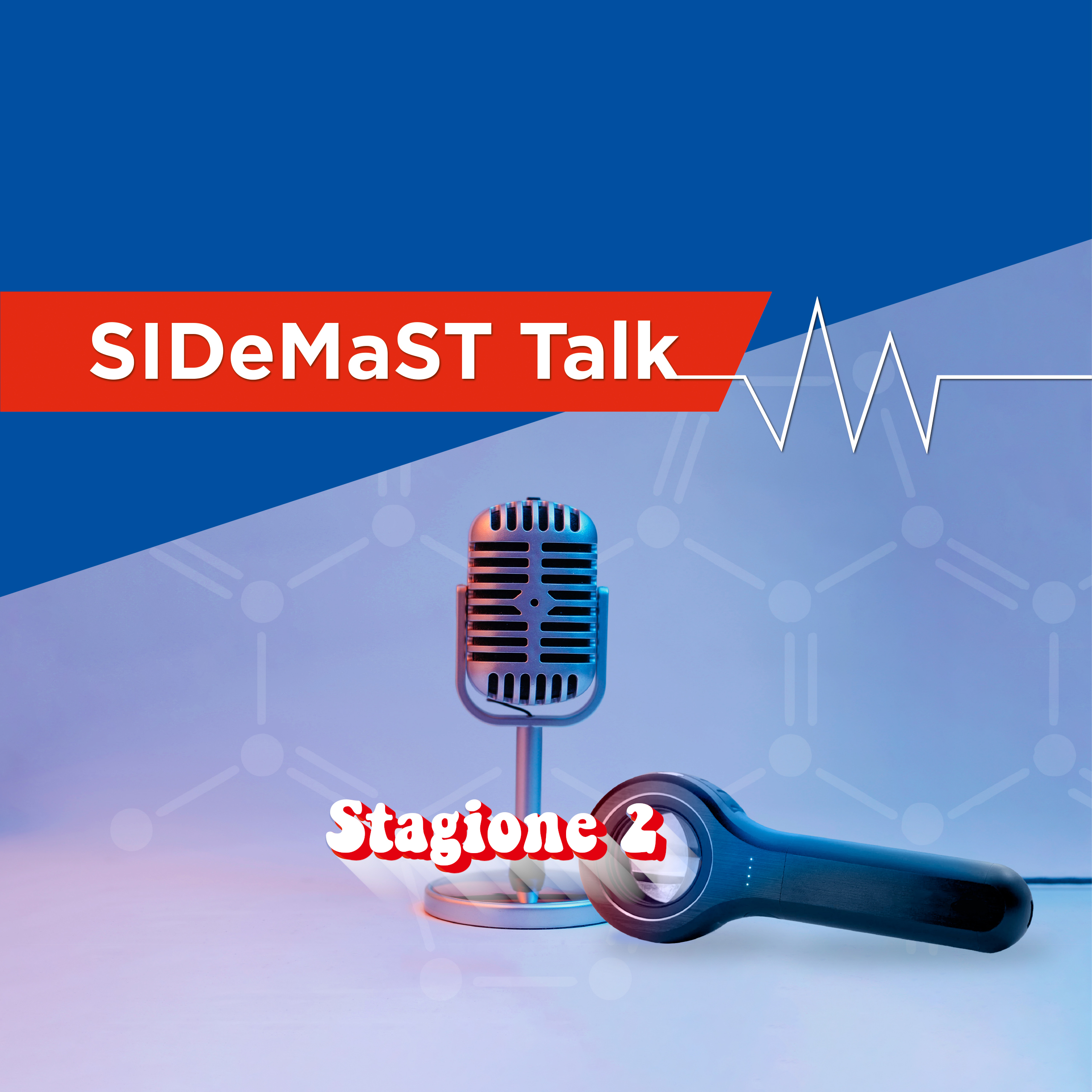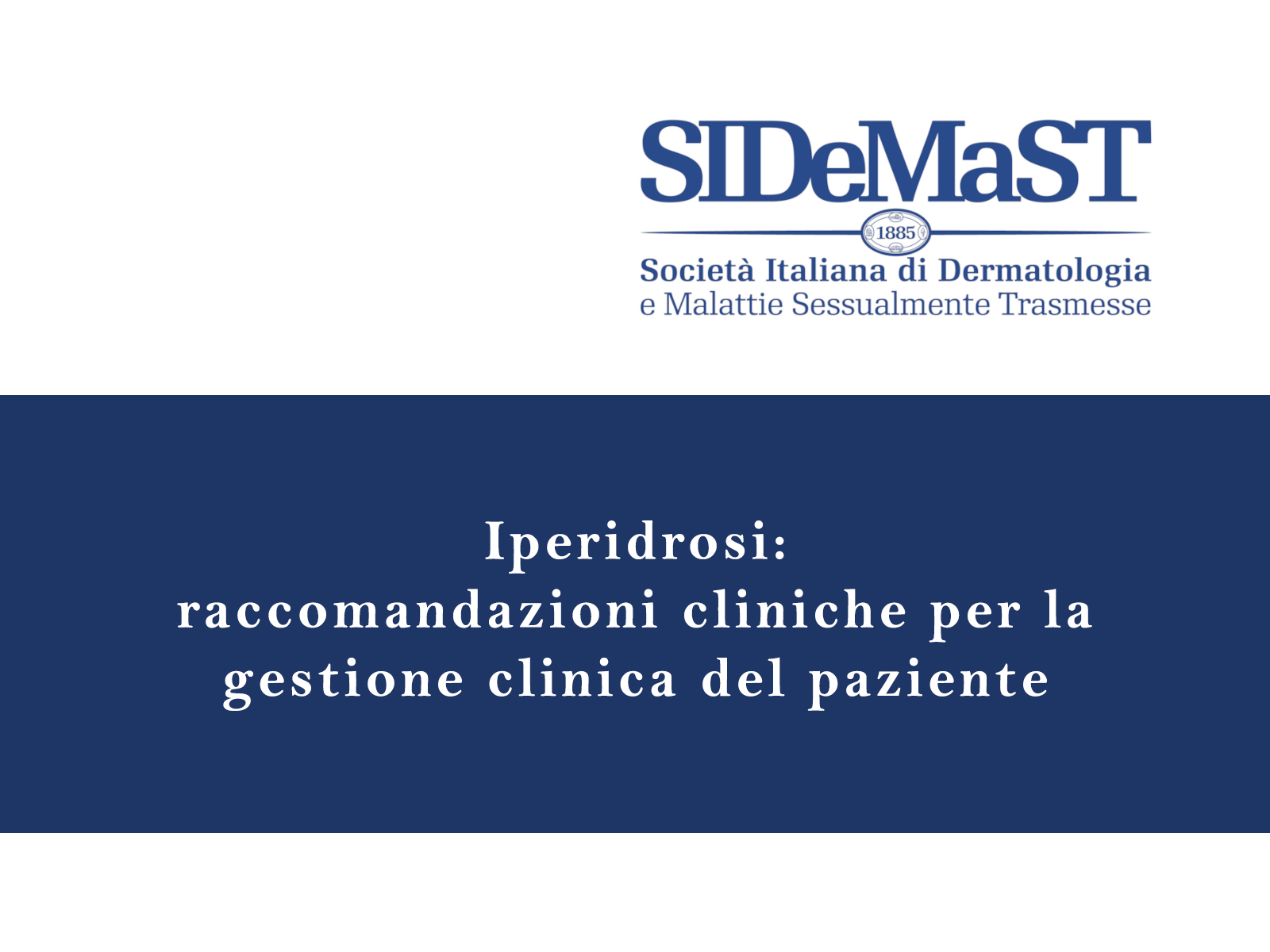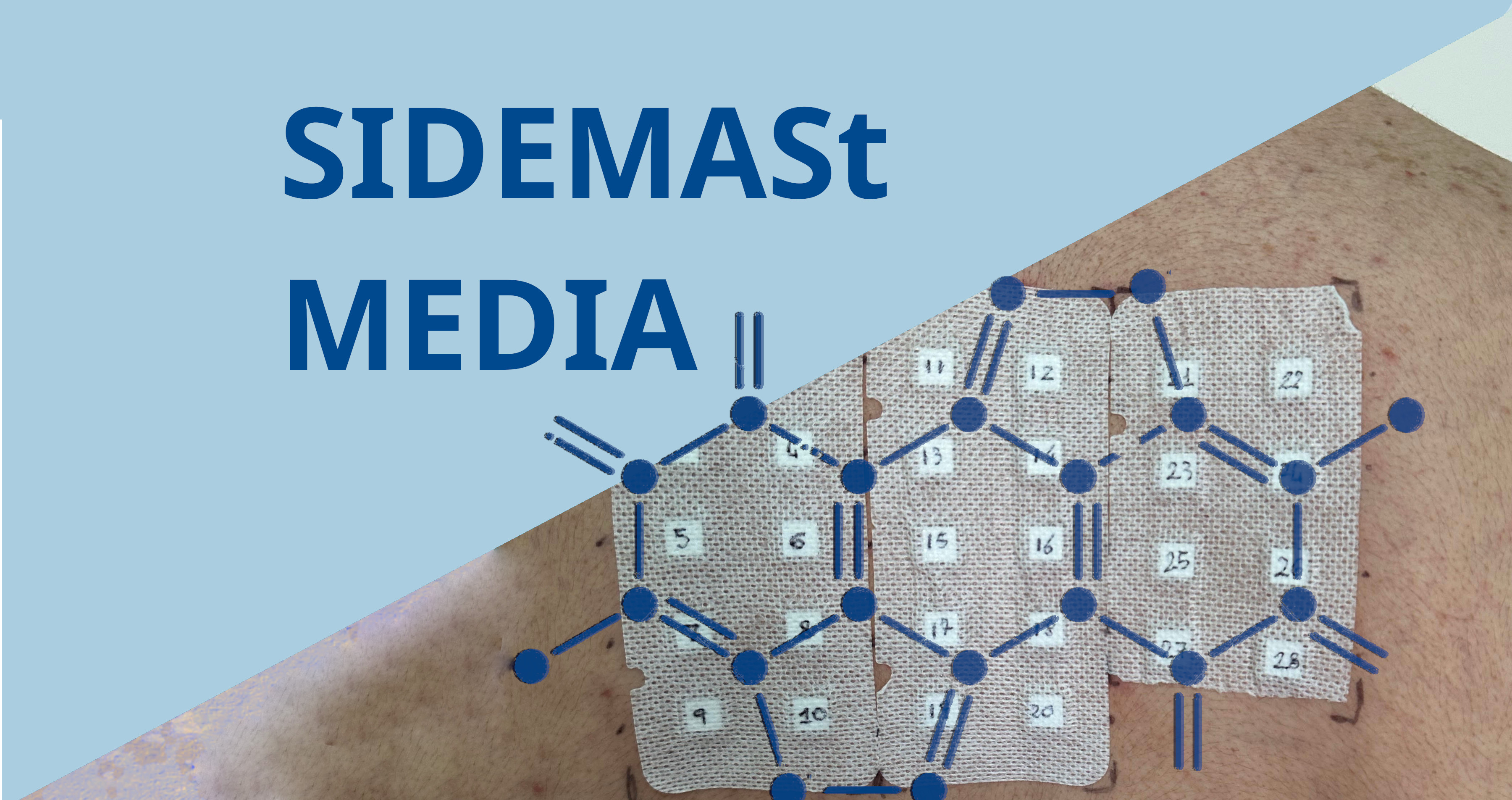The US Food and Drug Administration (FDA) has granted accelerated approval to nivolumab (Opdivo) in combination with ipilimumab for the treatment of patients with BRAF V600 wild-type, unresectable or metastatic melanoma.
The approval was based on demonstration of an increase in the objective response rate (ORR), prolonged response durations, and improvement in progression-free survival (PFS) in an international, multicentre, double-blind, randomised, 2-arm, active-controlled trial in patients who were previously untreated for unresectable or metastatic, BRAF V600 wild-type melanoma.
The study randomised (2:1) 142 patients to receive nivolumab plus ipilimumab (n = 95) or ipilimumab plus placebo (n = 47). Randomisation was stratified by BRAF V600 mutation status based on an FDA-approved test.
Patients in the nivolumab plus ipilimumab arm received nivolumab 1 mg/kg and ipilimumab 3 mg/kg intravenously every 3 weeks for 4 doses, then nivolumab 3 mg/kg every 2 weeks until disease progression or unacceptable toxicity. Patients in the ipilimumab arm received ipilimumab 3 mg/kg and nivolumab-matched placebo intravenously every 3 weeks for 4 doses followed by placebo. At the time of disease progression, patients on the ipilimumab arm were offered nivolumab 3 mg/kg every 2 weeks.
The trial demonstrated a significant improvement in ORR. The ORR was 60% in the nivolumab plus ipilimumab group and 11% in the ipilimumab group -- an improvement in ORR of 49% (P < .001).
Of the 43 patients with an objective response in the nivolumab plus ipilimumab group, 9 patients (21%) with response duration ranging from 3 to 7 months have progressed after response, died, or received subsequent therapy.
The remaining 34 patients (79%) had ongoing responses at the time of final analysis; in 14 patients the duration of ongoing responses is at least 6 months but less than 9 months and in 20 patients the duration of ongoing responses is at least 9 months.
In addition, there was a significant improvement in PFS for the combination group compared with the ipilimumab group (hazard ratio [HR], 0.40; P < .002), with an estimated median PFS of 8.9 and 4.7 months in the nivolumab plus ipilimumab and ipilimumab groups, respectively.
Among the 140 patients with BRAF V600 wild-type or mutation-positive melanoma who received at least 1 dose of nivolumab or ipilimumab, serious adverse reactions (62% vs 39%), adverse reactions leading to permanent discontinuation (43% vs 11%) or dose delay (47% vs 22%), and grade 3 or 4 adverse reactions (69% vs 43%) all occurred more frequently in patients receiving the combination (n = 94) compared with those receiving single-agent ipilimumab (n = 46).
The most frequent serious adverse reactions in patients receiving the combination were colitis (17%), diarrhoea (9%), pyrexia (6%), and pneumonitis (5%). Clinically significant immune-mediated adverse reactions included pneumonitis, hepatitis, endocrinopathies, nephritis/renal dysfunction, and rash.
Common adverse reactions (?20%) in patients receiving nivolumab plus ipilimumab were rash, pruritus, headache, vomiting, and colitis. The most frequent grade 3 and 4 laboratory abnormalities occurring in at least 5% of patients receiving the combination were increased ALT, increased AST, increased lipase, increased amylase, hyponatremia, and lymphopenia.
When used in combination with ipilimumab, the recommended dose and schedule is nivolumab 1 mg/kg administered as an intravenous infusion over 60 minutes, followed by ipilimumab on the same day, every 3 weeks for 4 doses. The recommended subsequent dose of nivolumab, as a single agent, is 3 mg/kg as an intravenous infusion over 60 minutes every 2 weeks until disease progression or unacceptable toxicity.


